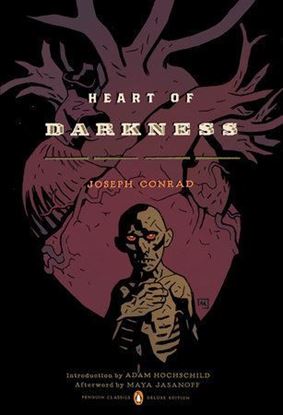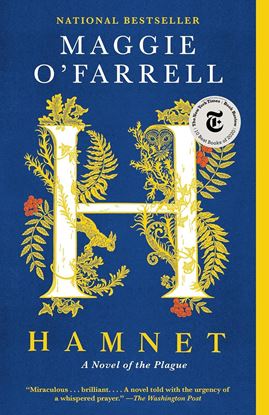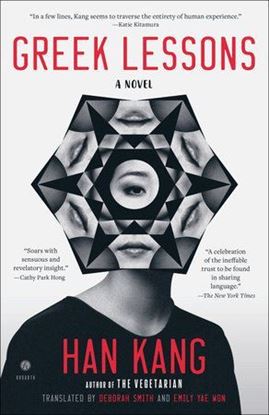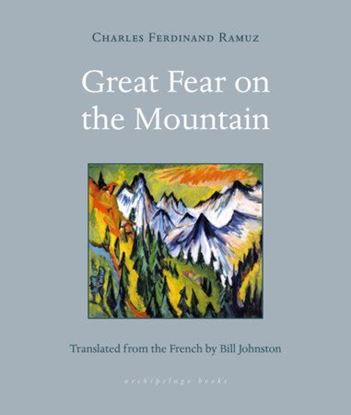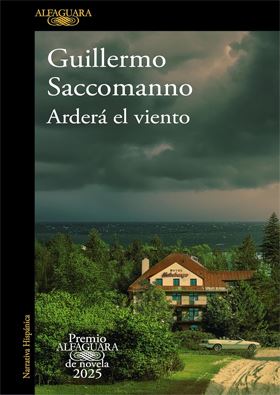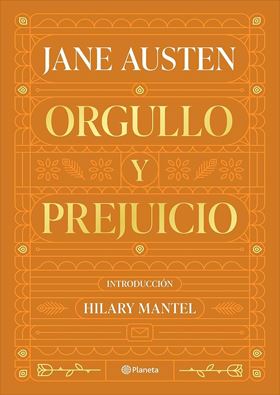

HEART OF DARKNESS
Heart of Darkness is the thrilling tale of Marlow, a seaman and wanderer recounting his physical and psychological journey in search of the infamous ivory trader Kurtz. Traveling upriver into the heart of the African continent, he gradually becomes obsessed by this enigmatic, wraith-like figure. Marlow's discovery of how Kurtz has gained his position of power over the local people involves him in a radical questioning, not only of his own nature and values, but of those that underpin Western civilization itself.
1,150
HAVE A BEAUTIFUL, TERRIBLE DAY!
Kate Bowler believes that the cultural pressure to be cheerful and optimistic at all times has taken a toll on our faith. But what if we could find better language than forced positivity to express our hopes and our anxieties?
Have a Beautiful, Terrible Day! is packed with bite-size reflections and action-oriented steps to help you get through the day, be it good, bad, or totally mediocre. This is a devotional for the rest of us—which is to say, the people who don’t have magical lives that always work out for the best. As she composed these meditations during a season of chronic pain, Bowler understands how every day can be an obstacle course. She encourages us to develop our capacity to feel the breadth of our experiences. The better we are at identifying our highs and lows, the more resilient we become.
Like modern-day psalms, Bowler’s spiritual reflections look for the ways we can expand our capacity for courage, love, and honesty—while discovering divine moments with God. With bonus sections to use during the seasons of Advent and Lent, this is an easy book to read along with other people too.
If you want to build your daily habit of spiritual attentiveness, this book is here to say: May all your days be lovely. But for those that aren’t, have a beautiful, terrible day!
1,250
HARLEM RHAPSODY
In 1919, a high school teacher from Washington, D.C arrives in Harlem excited to realize her lifelong dream. Jessie Redmon Fauset has been named the literary editor of The Crisis. The first Black woman to hold this position at a preeminent Negro magazine, Jessie is poised to achieve literary greatness. But she holds a secret that jeopardizes it all.
W. E. B. Du Bois, the founder of The Crisis, is not only Jessie’s boss, he’s her lover. And neither his wife, nor their fourteen-year-age difference can keep the two apart. Amidst rumors of their tumultuous affair, Jessie is determined to prove herself. She attacks the challenge of discovering young writers with fervor, finding sixteen-year-old Countee Cullen, seventeen-year-old Langston Hughes, and Nella Larsen, who becomes one of her best friends. Under Jessie’s leadership, The Crisis thrives…every African American writer in the country wants their work published there.
1,300
HAMNET
A young Latin tutor penniless and bullied by a violent father falls in love with an extraordinary, eccentric young woman. Agnes is a wild creature who walks her family’s land with a falcon on her glove and is known throughout the countryside for her unusual gifts as a healer, understanding plants and potions better than she does people. Once she settles with her husband on Henley Street in Stratford-upon-Avon, she becomes a fiercely protective mother and a steadfast, centrifugal force in the life of her young husband, whose career on the London stage is just taking off when his beloved young son succumbs to sudden fever.
1,250
GREEK LESSONS
Now and then, language would thrust its way into her sleep like a skewer through meat, startling her awake several times a night."
In a classroom in Seoul, a young woman watches her Greek language teacher at the blackboard. She tries to speak but has lost her voice. Her teacher finds himself drawn to the silent woman, for day by day he is losing his sight.
Soon the two discover a deeper pain binds them together. For her, in the space of just a few months, she has lost both her mother and the custody battle for her nine-year-old son. For him, it's the pain of growing up between Korea and Germany, being torn between two cultures and languages, and the fear of losing his independence.
900
GREAT FEAR ON THE MOUNTAIN
Teeming with tension, this immersive, rhapsodic story transports readers to the Swiss mountainside, bringing to mind the writing of Thomas Mann while offering character studies as vivid and bracing as Eudora Welty’s.
Feed is running low in a rural village in Switzerland. The town council meets to decide whether or not to ascend a chimerical mountain in order to access the open pastures that have enough grass to “feed seventy animals all summer long.” The elders of the town protest, warning of the dangers and the dreadful lore that enfolds the mountain passageways like thick fog.
They’ve seen it all before, reckoning with the loss of animals and men who have tried to reach the pastures nearly twenty years ago. The younger men don’t listen, making plans to set off on their journey despite all warnings. Strange things happen. Spirits wrestle with headstrong young men. As the terror of life on the mountain builds, Ramuz’s writing captures the rural dialog and mindsets of the men.
One of the most talented translators working today, Bill Johnston captures the careful and sublime twists and turns of the original in his breathtaking translation.
1,500

